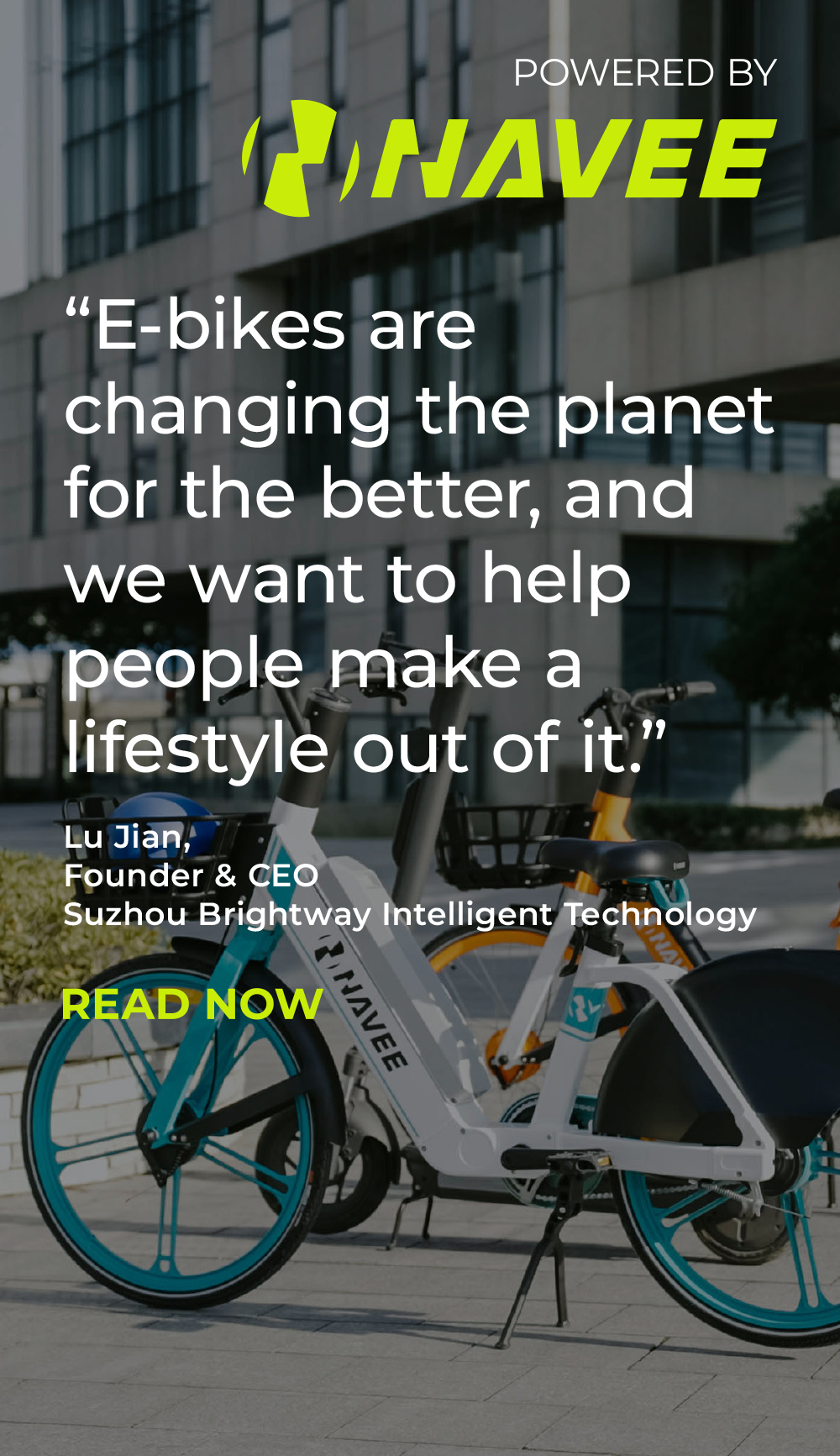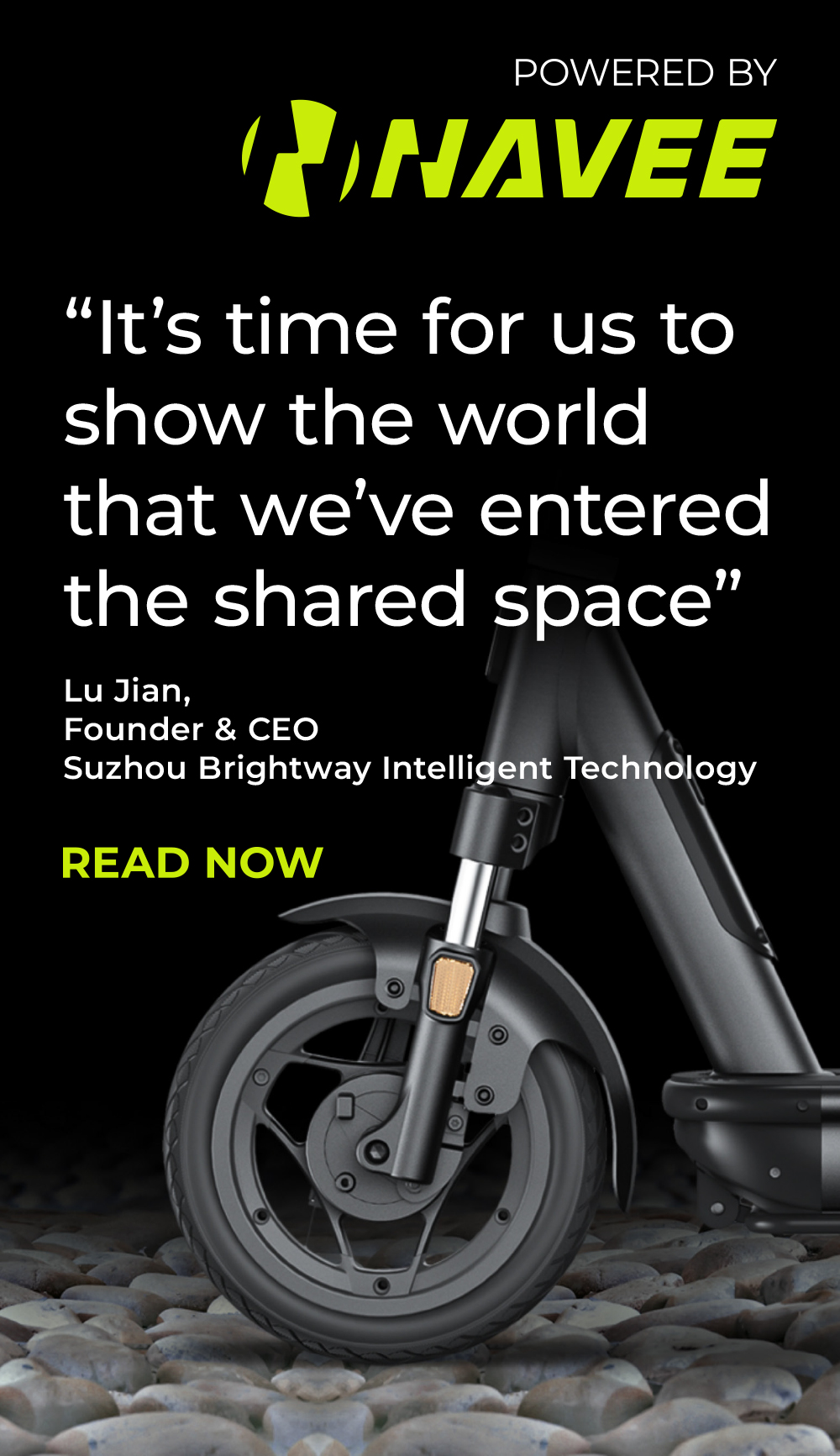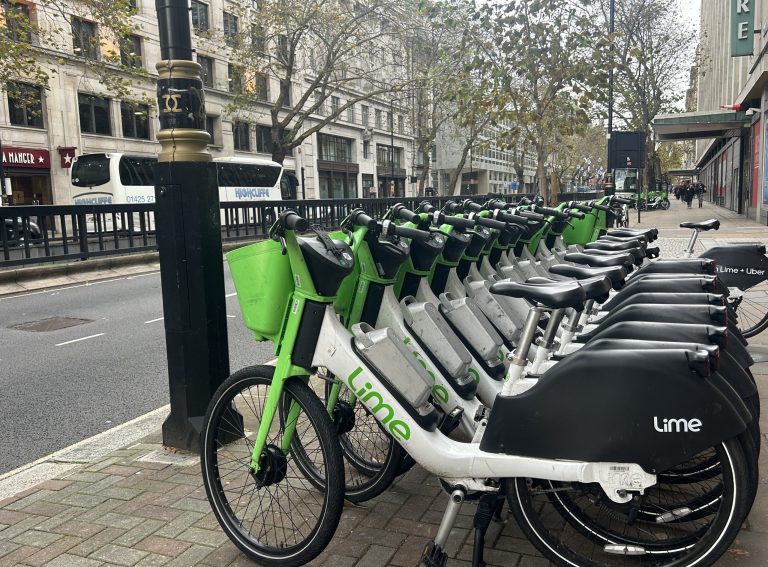Baroness Randerson, Liberal Democrat Lords Transport Spokesperson, said at an online micromobility conference today that the UK government’s plan to create a new regulatory framework for smaller, lighter, zero-emission vehicles may not be passed before the next general election.
This could be as late as 2025. The earliest could be in the next parliamentary session, which is not expected to open until November 2023. Any secondary legislation needs to be vehicle-specific and evidence based.
The conference was hosted by the independent Parliamentary Advisory Council for Transport Safety (PACTS), with industry experts discussing how the safety and sustainability of micromobility can be improved.
Speakers included a keynote from Baroness Randerson; Anthony Ferguson, Deputy Director of Traffic and Technology at the Department for Transport (DfT); Dr George Beard, Head of New Mobility at TRL; and Peter Wright, President of the Technical Working Group, Commission for Micromobility and Sport.
Representatives presented their insights and forecasts, echoing the call that clear and specific regulations are needed without unnecessary delay.
The speakers agreed that primary legislation, in the form of the Transport Bill, needs to be broad enough to allow the development of new technology.
David Davies, PACTS Executive Director, told Zag: “In the UK there has been something of an obsession with e-scooters. But there are already many different types of micromobility being manufactured, and new ones are emerging. People are confused about which ones are allowed to be used on UK roads, unsure of where or how they can ride safely, and unaware of the sustainability credentials of different vehicles.
“It is clear that the UK is lagging behind Europe in the development of regulations focused on safety and that legislation is needed, and fast. We are missing out on the opportunity to reap the sustainability benefits of replacing journeys made by heavier, more polluting motor vehicles with low speed, light-weight, zero emissions vehicles.”






